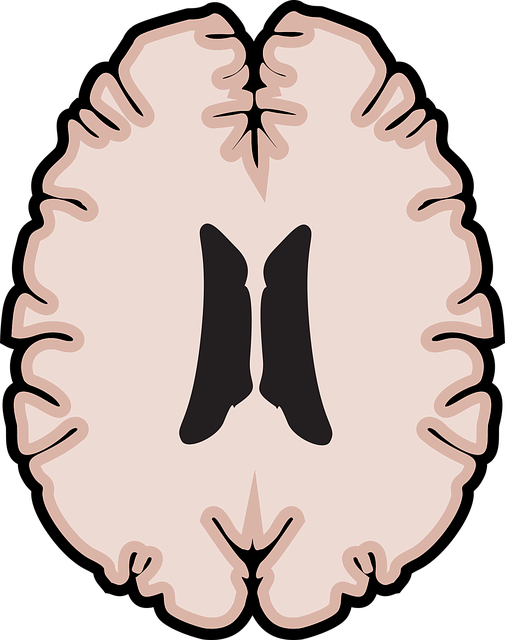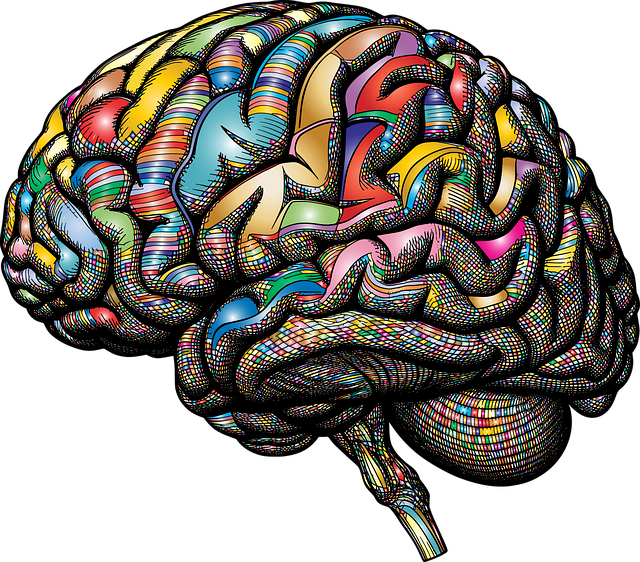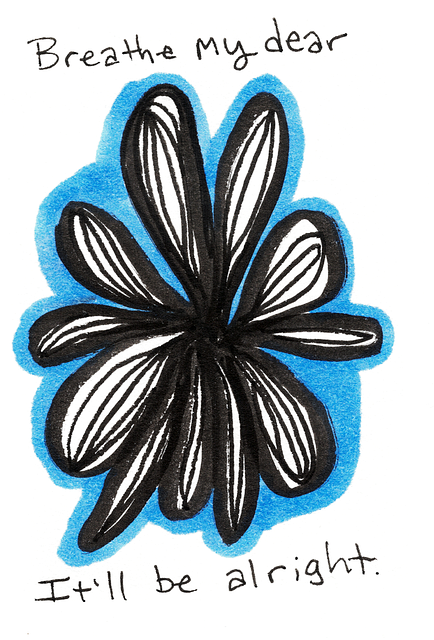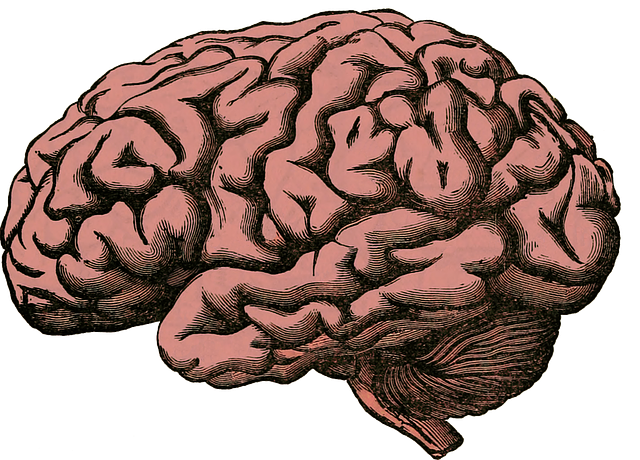Cultural sensitivity in mental healthcare, particularly through practices like Golden Chronic Pain Therapy, significantly improves treatment outcomes and client satisfaction. By recognizing and respecting diverse cultural backgrounds, values, and beliefs, therapists create safe, inclusive environments fostering trust and effective communication. This approach integrates traditional and indigenous methods with modern treatments, addressing unique cultural contexts that influence chronic pain management. Active listening, empathy, and tailored interventions based on cultural understanding enhance patient engagement and outcomes, while ongoing training and self-reflection ensure culturally competent care.
Cultural sensitivity is a cornerstone of modern mental healthcare, ensuring equitable and effective treatment for diverse patient populations. This article explores the intricate relationship between cultural awareness and improved outcomes, with a specific focus on chronic pain therapy. We delve into how cultural considerations shape therapeutic approaches, highlighting the importance of ethical practices in diverse settings. By understanding the ‘Golden Rule’ applied globally, mental health professionals can navigate complex cultural landscapes, providing compassionate care for all, especially those suffering from chronic pain.
- Understanding Cultural Sensitivity in Mental Healthcare
- The Impact of Cultural Considerations on Chronic Pain Therapy
- Strategies for Practicing Golden Rule Ethics in Diverse Settings
Understanding Cultural Sensitivity in Mental Healthcare

Cultural sensitivity in mental healthcare is a crucial aspect that can significantly impact treatment outcomes and client well-being. It involves recognizing and appreciating the diverse cultural backgrounds, values, and beliefs of individuals seeking support for their mental health issues. In today’s globalized world, where interactions are more interconnected than ever, understanding cultural nuances is essential to provide effective care. This concept goes beyond merely treating symptoms; it’s about creating a safe and inclusive environment that respects and embraces the unique experiences and perspectives of each client.
By incorporating cultural sensitivity practices, such as compassion cultivation and empathy-building exercises, mental healthcare professionals can foster better communication and trust. For instance, when working with individuals from different ethnic or cultural groups, practitioners should be aware of potential language barriers and the influence of cultural beliefs on health perceptions. This awareness enables them to adapt their therapeutic approaches, offering tailored support for conditions like chronic pain, anxiety relief, or depression prevention. Golden Chronic Pain Therapy, for example, can benefit greatly from cultural sensitivity as it aims to holistically address pain management, ensuring that traditional and indigenous practices are considered alongside modern treatments.
The Impact of Cultural Considerations on Chronic Pain Therapy

Cultural considerations play a pivotal role in the effectiveness of chronic pain therapy, often shaping the patient’s experience and treatment outcomes. In a diverse society, mental healthcare practitioners must be attuned to the unique cultural contexts of their clients, especially when addressing complex issues like chronic pain. This sensitivity involves understanding the patient’s beliefs, values, and traditional healing practices, which can significantly influence their perception and management of pain.
For instance, various cultures have distinct concepts of health, illness, and suffering, impacting how individuals express and cope with chronic pain. Some communities may emphasize holistic approaches, integrating physical and spiritual dimensions, while others might prioritize Western medical models. Effective therapy demands a flexible and adaptable approach, where mental health professionals design treatment plans tailored to the individual’s cultural background, ensuring accessibility and acceptance. This personalized care can enhance patient engagement and adherence, ultimately leading to improved outcomes in Golden Chronic Pain Therapy. Additionally, integrating cultural elements into mental health education programs and risk management planning for professionals can foster a more inclusive and competent healthcare system, as supported by Public Awareness Campaigns Development initiatives.
Strategies for Practicing Golden Rule Ethics in Diverse Settings

In diverse mental healthcare settings, practicing Golden Rule ethics requires a nuanced approach to honor every individual’s unique cultural background and experiences. One key strategy involves active listening and empathy, where therapists create a safe space for clients to express their perspectives freely. By understanding their client’s cultural context, including beliefs about health, illness, and healing, mental health professionals can tailor therapeutic interventions effectively. This personalized care not only enhances the quality of treatment but also fosters trust and builds stronger therapeutic alliances.
Additionally, integrating cultural sensitivity into therapy sessions involves leveraging mental illness stigma reduction efforts and incorporating emotional well-being promotion techniques that resonate with diverse populations. Therapists should be prepared to address any cultural barriers or assumptions that might impact a client’s experience. Through ongoing training and self-reflection, mental health professionals can improve their risk management planning, ensuring they provide culturally competent care while minimizing potential harms stemming from missteps in understanding diverse needs.
Cultural sensitivity is a cornerstone of effective mental healthcare, especially in diverse societies. By recognizing and respecting cultural differences, healthcare providers can significantly improve outcomes for patients from various backgrounds. This article has explored key aspects, including the importance of understanding cultural nuances in mental health, their impact on chronic pain therapy, and practical strategies to uphold ethical standards in diverse settings. Integrating these principles ensures a more inclusive and compassionate approach to Golden Chronic Pain Therapy, fostering better patient care and outcomes.














